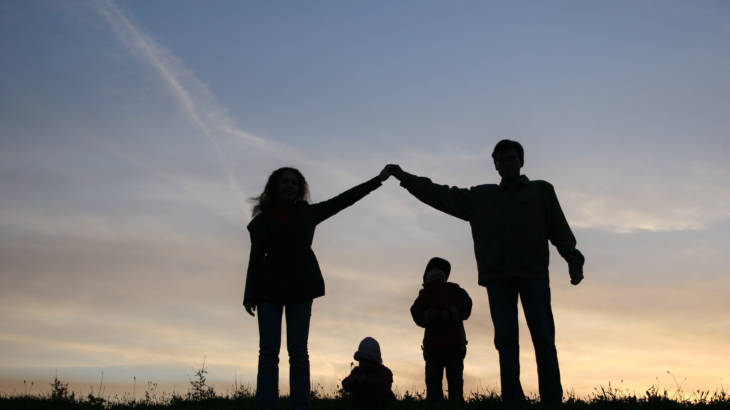
Open care in child welfare
Open care in child welfare supports a child, an adolescent or a family in situations where support is needed because of social or financial reasons, reasons related to coping or because of other similar reasons. Forms of support are, in addition to guidance and therapy, for example having a support person or support family, family work and family rehabilitation, peer groups and support for hobbies as well as for holiday and recreational activities.
The content on this page
Support measures in open care are always voluntary and are based on cooperation with the family. When a child becomes a child welfare client, a social worker is appointed for the child. This social worker coordinates the services that are provided to the child and the family.
Support in open care must be organized without delay when a need of child welfare has been found. Support measures in open care are written down in the client plan that is drawn up for the child. In child welfare, the principle of the mildest intervention is followed.
Services and support measures that are in accordance with the Child Welfare Act are:
- financial support
- intensified family work
- family rehabilitation
- placement of a child outside of the home
The purpose of support measures in open care is to promote and support the child’s positive development and to support and strengthen the upbringing skills and possibilities of the parents and guardians.
Contact by phone
-
Child welfare in Lestijokilaakso
Call: +358 40 804 2720Call: +358 40 804 4720Call: +358 40 804 3642Service hoursService hours
Tue–Thu 12:00–13:00
-
Service hours
Service hours
Tue–Thu 12:00–13:00
Service points
Information about the service
Non-institutional child welfare supports children, young people and families in situations where support is needed for social, financial and other similar reasons or because they cannot cope with everyday life. In addition to counselling and therapy, non-institutional child welfare can also provide support person and family activities, family work and rehabilitation, peer groups, and support for hobbies, holidays and recreational activities.
For example, the child and the family can receive support for improving inadequate housing conditions, school attendance and studies, and maintaining close relationships. The services are combined into a personalised service package. The wellbeing services county organises the services as necessary.